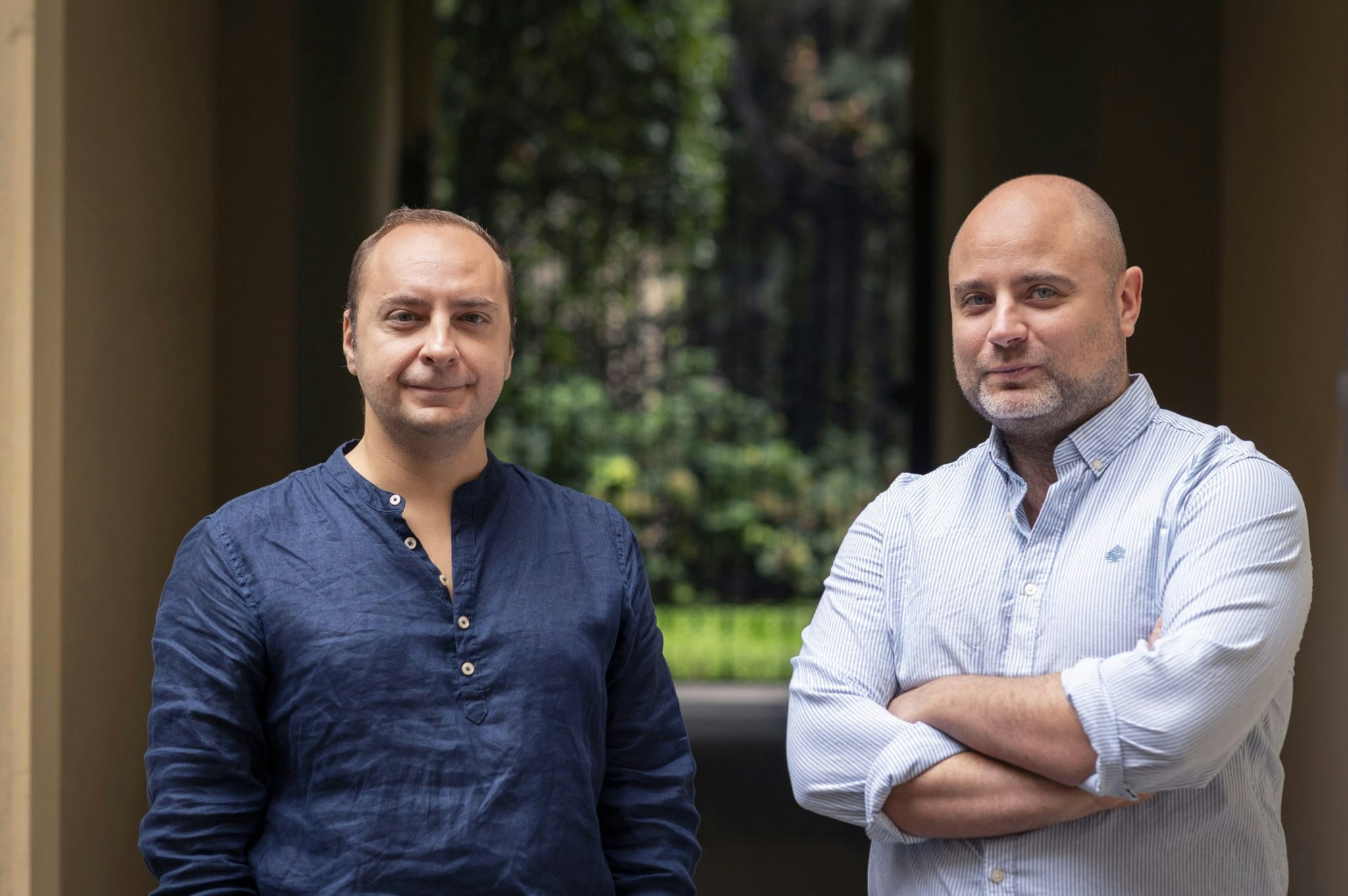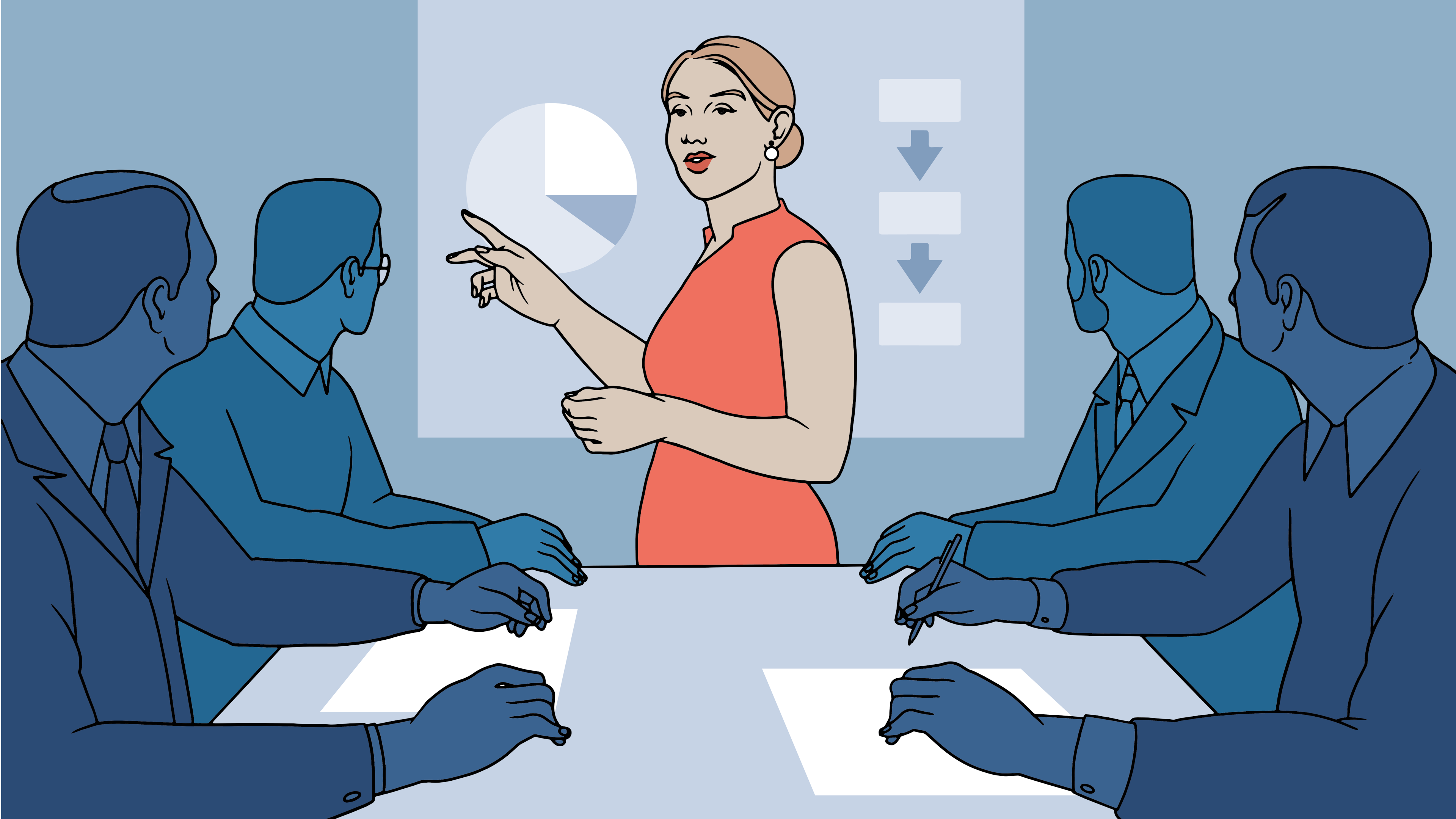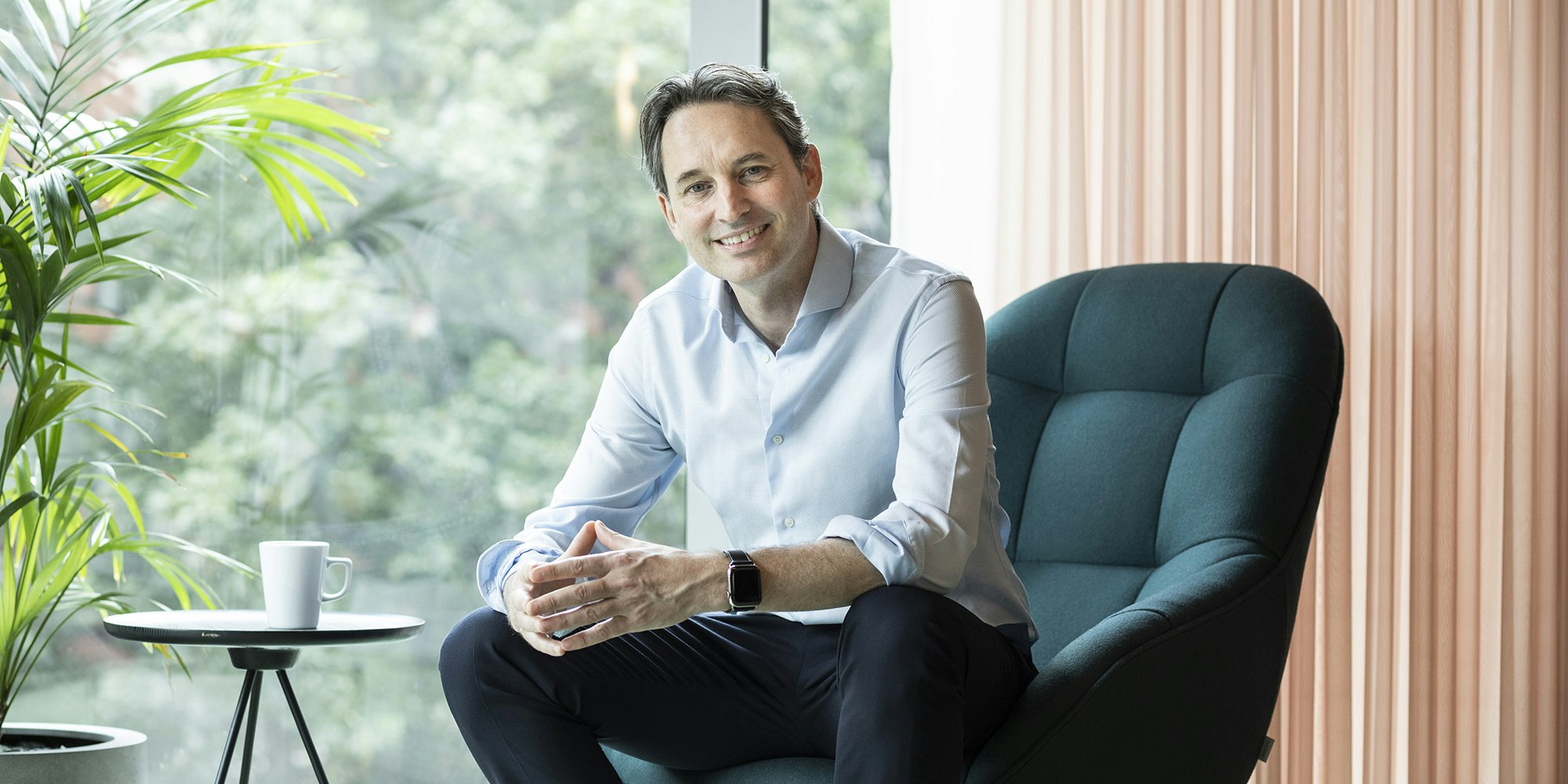As a first-time co-founder of a neurodiversity AI-powered startup, the path to securing £650k in early funding has been a steep learning curve.
From specific grant spending restrictions and reaching rigorous impact standards to demonstrating ROI to VCs and accessing angel networks, fundraising for social impact tech startups comes with its nuances.
Here are some insights I’ve gained from each fundraising stage so far.
Accelerators: testing our ideas and ourselves
Our first-ever funding came from accelerators.
Bethnal Green Ventures and KQ Labs provided capital, time and space to test out our ideas as well as ourselves. Did our concept have legs? Was the market big enough? Did my co-founder, Felix, and I work well as a team? Did we want to work together on this for the next 5-10 years? Luckily the answer to all these questions was yes.
During these sprints, we developed a robust business model, researched our customers, tested our relationship and navigated the complexities of both local and global healthcare markets.
Alongside this and an initial cash injection, accelerators offered valuable introductions to investors. We also met lots of like-minded founders at a similar stage of their startup journey who have become a valuable source of encouragement and support.
When applying to accelerators, the key is to look for tailored programmes that align with the specific problem area you are addressing. For us, this was tech, health and impact. This meant we received advice and access to industry networks that were genuinely relevant to our venture.
There are lots of accelerators out there and it’s easy to end up wasting your precious time on applications that don’t align with your goals. Accelerators also require a significant commitment, so be sure to spend time finding a suitable match. The time commitment and the equity stake you’re giving up for the funding needs to be worth it.
Friends and family round: it’s a privilege
Securing funds from close connections is quick and accessible. It also usually comes with limited requirements and small equity stakes. It allows founders to take risks and experiment in the early stages of their business. However, taking money from close friends and family can put a strain on relationships.
For me, it was both the most rewarding and stressful round of fundraising we did. It involved committing to myself and the people closest to me that I was serious about my venture. Knowing that people I care about have invested created a positive pressure that constantly serves as a motivating force.
It’s important to recognise having access to funds from family and friends is a privilege. We were fortunate enough to have a network that helped provide early financial support. If you don’t have this, think more broadly about the people in your life who have a reason to believe in you.
For me, this was ex-colleagues, but it could also be people who’ve known you from school or university.
To make sure you’re following the correct governance processes, platforms like SeedLegals are much cheaper than hiring a lawyer. If your round is made up of lots of small cheques, Odin is a useful tool to maintain a clean cap table.
Grants: benefits big and small
Once we’d built our Minimal Viable Product (MVP), had a deep understanding of the needs of our customers, secured some initial funds and gelled as a team — we started looking at grants.
After being awarded a few smaller grants — including from UnLtd, the University of Portsmouth and the London School of Economics — we applied for an Innovate UK Smart Grant. Winning this was a very validating experience because the process was incredibly thorough and only 5% of applicants were successful.
This large grant allowed us to make long-term organisational decisions, such as hiring new employees and building beyond MVP. However, our small grants often funded costs that had an outsized benefit for the company. Our £8k UnLtd grant paid for us to showcase at an autism conference, which is how we landed our first NHS client.
This path was not without hurdles. The lengthy grant application process and stringent criteria demanded significant time and effort from our very small team. Some of the grants also came with spending restrictions, which limited how we could spend the capital.
There are lots of grant opportunities throughout the year, but knowing where to look and when to apply can feel overwhelming. For first-time grant applicants, free resources like Considered Capital and Innovate UK’s respective newsletters are a great place to start.
Angels: personal touch and shared vision
Finding an angel brought a personal touch to our fundraising. Our angel Amina Ahmad of Ada Angels, was looking to invest in women-led and gender-diverse teams with scalable, commercially-focused, social impact solutions.
Working with an angel investor who aligned with our mission provided not only capital but invaluable insights, introductions and support with our fundraising strategy.
Founders should be aware that angels usually don’t lead funding rounds. This means you’ll have to find a lead investor who’s happy to set the investment terms for your round. Cheque sizes can also vary significantly between angels, making it challenging to anticipate how much financial support each investor will provide.
However, financial instruments such as convertible loan notes (CLNs) and advanced subscription agreements (ASAs) mean that angel cheques can be received before doing a full investment round, filling out a future round and helping with cash flow in the short term.
Finding angels can also be difficult. If you're a female founder, I’ve heard good things about Hermesa.
Big ideas deserve big money
To tackle society's toughest problems, big ideas deserve big money. In the UK and beyond, the demand for neurodivergent services is increasing and health systems can’t cope.
The NHS is grappling with a backlog of over 1 million adult autism and ADHD referrals and wait times for a diagnosis can be anywhere between one and 10 years. Patients are left without essential support and costs for the NHS are skyrocketing.
To make the world a better place in the not-too-distant future, social and environmental ventures need to be ambitious in their growth plans, scaling their organisations to the size of the problems they’re tackling.
At COGS AI, we believe building products that change systems and improve lives requires visionary founders as well as funders with the foresight to see large societal problems represent massive untapped opportunities.


